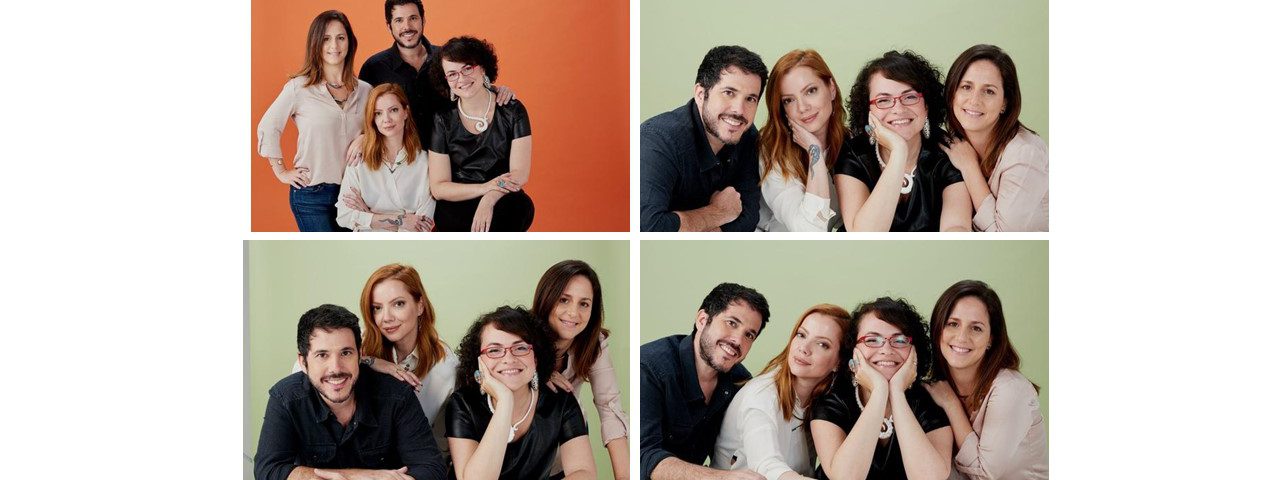By Silvia Lourenço
An In-cosmetics Latin America exclusive News Story
At the beginning of February of this year, an appearance on the Internet moved the beauty market in Brazil. Julia Petit, one of the country’s leading fashion and beauty influencers, after vanishing from social networks in 2018 for a sabbatical year returned, telling her followers that, along with 3 other partners, she would launch a cosmetics brand called Sallve.
Julia started her work as an influencer in 2007 when that term did not even exist. In her blog Petiscos, the advertising professional accumulated millions of hits in the first year, teaching unpretentiously how to do makeup. The blog also posted articles on fashion, beauty, music, and technology.
Despite a successful career built over 10 years, Julia began researching other forms of acting, and 1 and a half years before taking this sabbatical break, she began to study about how to have a cosmetics brand. Over that time, she looked for cosmetics outsourcers, formulators, market insights, internet searches on the biggest public complaints about skin, and what people were looking for in terms of products.
In late 2018 the influencer had a meeting with Daniel Wjunisky and Marcia Netto, who are also from the digital area and had been partners of the portal Minha Vida. At a meeting that would be for a content project, they discovered a shared desire to develop a cosmetic brand. Then the trio joined Juliana Shor, who has over 15 years of product development and marketing experience, and formed Sallve, which launched its first moisturizing antioxidant in May of this year.
According to the partners, Sallve is the first Brazilian native digital cosmetics brand, a term that explains that it has the web as the main stage of its business, through a model where the creation, communication, and sale of products are made through their own digital channels, without intermediaries, ensuring a better price for the end consumer.
In an interview with in-cosmetics Latin America, the 4 founders of Sallve explain that the company has in its DNA the desire to be a place for beauty information exchange and co-creation with the consumer community, and that they are also committed to offering active listening and understanding the needs and wants of this audience, who perceives skincare as necessary but no longer recognizes themselves in a universe full of standards, rules, and high prices.
Sallve promotes collabs and meets its audiences often to do research. So far, the brand has heard and talked to over 260,000 people through quantitative and qualitative research. “More than just wanting new products, people want to participate in their creation, and by directing the conversation, they can – and should – have a lot more information to test and choose new options to insert into their daily lives.” – explains Juliana Shor, Partner and Chief Product Officer of Sallve.
Juliana Shor has in her team Carlos Praes, who is the responsible chemist and R&D leader of Sallve, in addition to being Chairman of the ITEHPEC Scientific Council. “We work with the largest suppliers of raw materials in Brazil and in the world to develop our products.” – explains Juliana. The brand is vegan, does not perform animal testing, and is certified by Peta (People for the Ethical Treatment of Animals). To prove the effectiveness of what they are producing, Sallve performs in Vitro and in Vivo tests.
In late August, Sallve released its second and third products: a facial cleanser and an enzyme scrub, and by the end of 2019, it is expected to launch 5 more products. When we ask about the brand’s expansion and growth plans, the sky seems to be the limit: “Sallve wants to be the biggest beauty brand for the digital consumer and soon the biggest beauty brand in Brazil”.
Good luck Sallve!

